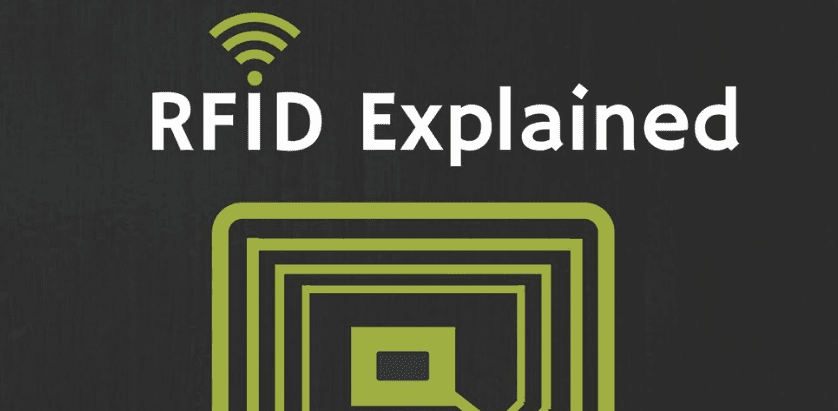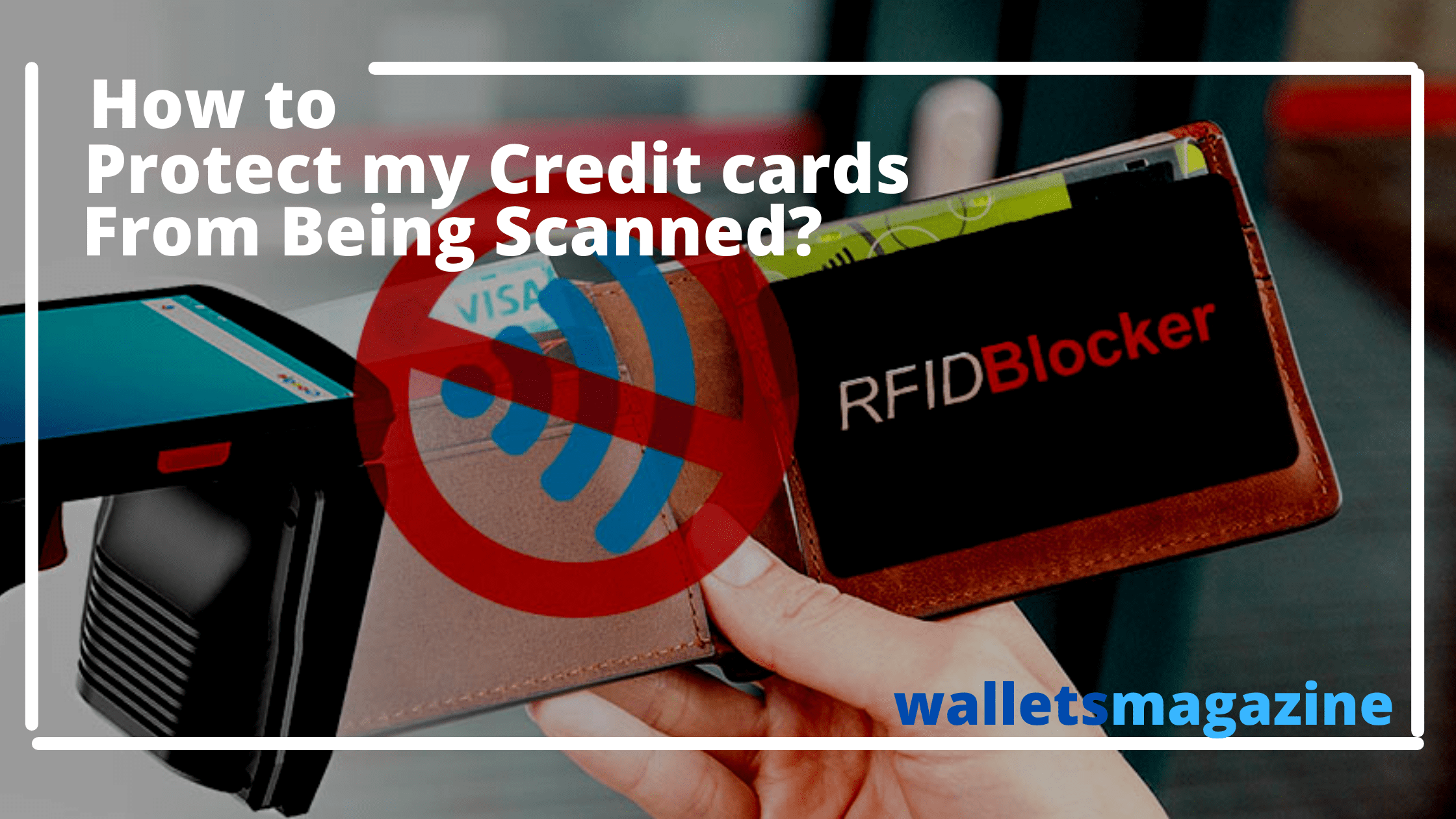Wondering How To Protect My Credit Card From Being Scanned? Data breaches have become more frequent with technological advancements over the past few years.
This has made credit card theft a growing concern globally. Criminals use a number of advanced techniques to steal credit card data these days. The most common approach allows them to scan or skim the credit card data from a distance, without physical contact with the victim or their credit card. They employ the technology of RFID to steal credit card information from a distance.
What is RFID?

Credit card companies employed RFID in credit cards to enable the “tap” pay feature. RFID stands for Radio Frequency Identification.
RFID-enabled credit cards have a tag or a chip in them that sends or receives information. The chip is activated when the card is held near a scanner in order to send or receive the information to carry out a transaction wirelessly.
The RFID technology can work from the vicinity of 5-6 inches to a few meters from the scanner. It is not necessary to physically scan or tap the RFID-enabled credit card into the scanner.
RFID thefts

This wireless exchange of data through RFID and scanners has advantages in different industries and finance as the transaction is processed in no time, but it has its risks as well. RFID thefts are more common these days. This method has been around for a few years now, and it is a common type of credit card theft.
A person with an RFID scanner or relevant hardware can get close enough to your wallet or bag and can scan the credit card. The numbers needed for the transaction will be sent to the scanner.
It happens mostly in public areas like malls or gas stations, where people often use their credit cards to make transactions. Or even in other crowded places like a train or a bus. Where the scammer can just bump into you for an opportunity to scan your card and steal your crucial credit card information.
This information can then be used for online transactions or to clone your credit card and steal your money. This process is commonly known as “credit card skimming” or “e-pickpocketing.”
Tips on how to prevent your credit cards from being scanned

Since it has become a growing concern, experts have come up with different methods and approaches to combat and defend themselves against these types of credit card thefts. The most common of which are:
RFID blocking wallets

Since radio waves are intercepted and distorted by other radio waves and metal. Some wallets have the capability of RFID blocking. As they have integrated metals like copper or nickel in them. Some wallets are solely made out of materials like aluminum or steel, blocking all the RFID.
These wallets eliminate all your worries about credit card scanning, and you can enjoy the freedom of taking out your cards anywhere risk-free.
Stack your cards

Another easy hack to protect your card from being scanned is to stack all your cards together inside the wallet. Stacking all your cards may distort the waves making it harder for the skimmer to skim through your credit card information.
Other cards and materials intercept the radio waves to reach your wallet effectively. Hence, making it unable to be scanned like that. Through this technique, you can protect your debit card from being hacked.
Chip-enabled cards

If you don’t mind your transactions being as swift as with RFID, you can use EMV cards. EMV means Europay Mastercard Visa. These are basically cards with chips. To carry out the process of transaction, they have to be put physically inside the machine for the machine to read the information.
That means no one can read the card information without physically acquiring the card. Cards with these chips are more secure than RFID. In some countries, EMV cards also require a PIN number. This technology has its advantages over RFID-enabled wallets with added layers of security.
A video Guide for a better understanding of How to Protect Your Credit Cards with RFID
Fine Verdict on How To Protect My Credit Card From Being Scanned
By following these tips, you can help protect your credit card from being scanned and keep your personal information safe. Remember, it is always beneficial to be proactive in keeping your credit card safe rather than waiting for the problem to occur. Also, reading your credit card statements can also identify if you have been targeted already by this specific type of scam.

